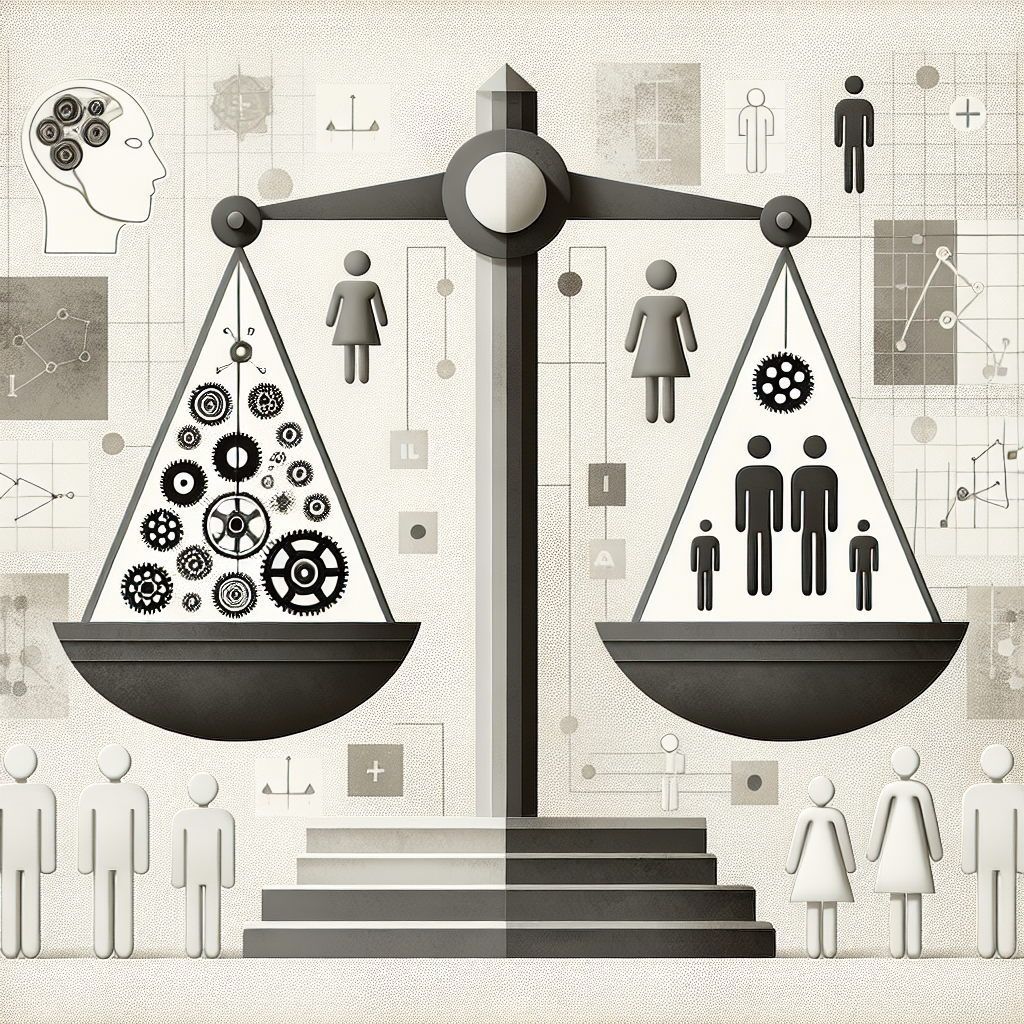Fix today. Protect forever.
Secure your devices with the #1 malware removal and protection software
Artificial Intelligence (AI) has become an integral part of our daily lives, powering everything from search engines to social media platforms. However, as AI technology continues to advance, concerns about fairness and accountability have come to the forefront. Ensuring that AI systems are fair and accountable is crucial to building trust with users and ensuring that the technology benefits society as a whole.
One key aspect of ensuring fairness and accountability in AI is through thoughtful platform and model design. By implementing strategies that prioritize fairness and transparency, developers can create AI systems that are more ethical and responsible. Here are some strategies for ensuring fairness and accountability in AI platform and model design:
1. Diverse and Representative Data: One of the biggest challenges in AI is bias in data. If the training data used to build AI models is not diverse and representative, the resulting AI systems can perpetuate bias and discrimination. Developers should ensure that their training data is inclusive and representative of all demographics to minimize bias in AI systems.
2. Transparency: Transparency is key to ensuring accountability in AI. Developers should strive to make their AI systems transparent by documenting the data sources, algorithms, and decision-making processes used in the model. This transparency can help users understand how AI systems work and hold developers accountable for any biases or errors.
3. Fairness Metrics: Developers should implement fairness metrics to evaluate the performance of AI models across different demographic groups. By measuring fairness, developers can identify and address biases in AI systems before they are deployed in the real world. Fairness metrics can help ensure that AI systems treat all users fairly and equally.
4. Human Oversight: While AI systems can automate many tasks, human oversight is still crucial for ensuring fairness and accountability. Developers should implement mechanisms for human oversight, such as audit trails and feedback loops, to monitor the performance of AI systems and intervene when biases or errors are detected.
5. Ethical Guidelines: Developers should adhere to ethical guidelines and principles when designing AI platforms and models. By following ethical guidelines, developers can ensure that their AI systems respect user privacy, autonomy, and dignity. Ethical guidelines can help developers make responsible decisions when designing AI systems that impact society.
In conclusion, ensuring fairness and accountability in AI is essential for building trust and ensuring that AI technology benefits society. By implementing strategies such as diverse and representative data, transparency, fairness metrics, human oversight, and ethical guidelines, developers can create AI systems that are more ethical, responsible, and trustworthy. Ultimately, by prioritizing fairness and accountability in AI platform and model design, developers can help ensure that AI technology benefits everyone and contributes to a more equitable future.
Fix today. Protect forever.
Secure your devices with the #1 malware removal and protection software
#Ensuring #Fairness #Accountability #Strategies #Platform #Model #Design,platform and model design for responsible ai

Leave a Reply
You must be logged in to post a comment.